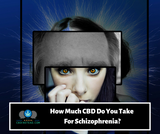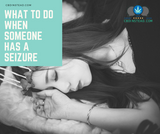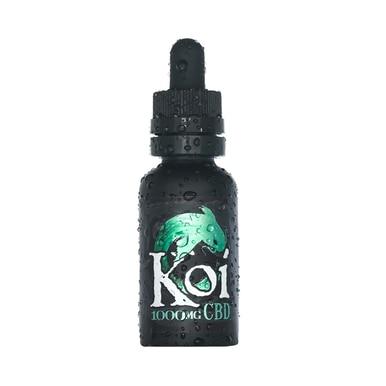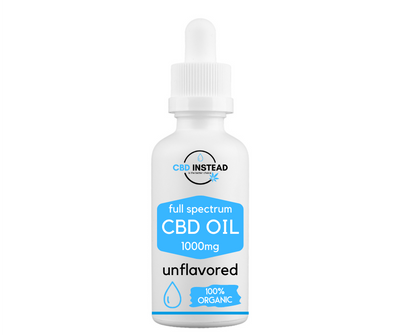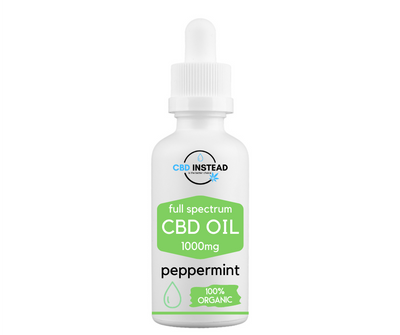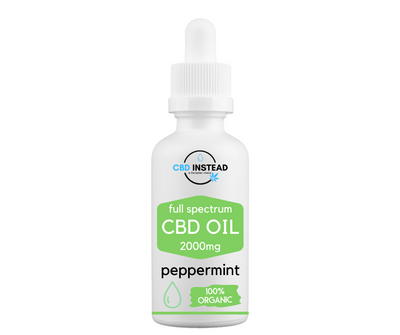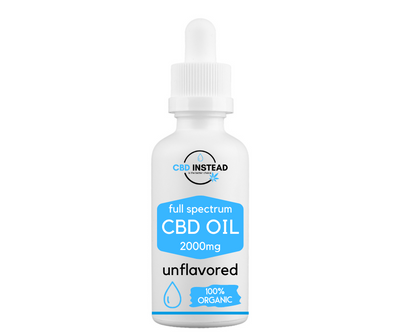Are you a people pleaser? Do you have a hard time saying no? Does this behavior bleed into your relationships? Codependency is a problem that many “do-gooders” face when they feel the need to fix loved ones. They can sacrifice their needs to make sure that others’ needs are met, causing their health to decline. This is especially true in intimate or family relationships because of how close the individual gets to these people who need help. If you think you may have fallen victim to codependency, there are ways that you can free yourself from these exhausting and painful chains.
What is Codependency?

Codependency was discovered only a decade ago as the result of studying interpersonal relationships in families of alcoholics. It is an emotional and behavioral condition that makes it difficult for the individual to have a healthy and mutually satisfying relationship. These people are also known as the “fixers,” always drawn to someone who they can take care of. Codependency has also been called “relationship addiction” because the individuals with this behavioral condition often form and maintain relationships that are one-sided, emotionally destructive, or abusive.
When first discovered, codependent was a term used to describe a chemical dependency, person living with, or in a relationship with someone who struggles with addiction. These patterns have been seen in people who are in relationships with chronically or mentally ill individuals, as well. Now, the term co-dependent describes any codependent person from any dysfunctional family.
How do you Develop Codependency?
Codependency is a learned behavior that can be passed down by generations. It is learned by watching and imitating other family members who display this type of behavior. Because this isn’t a product of a malfunctioning brain, this can make treatment easier. However, codependency generally comes from living in a dysfunctional family which can cause the child developing this behavior never to receive any help or healthy coping mechanisms.
Dysfunctional Families
A dysfunctional family is defined by having members that suffer from fear, anger, pain, or shame that is denied or ignored. In families like these, no one talks about their problems or even acknowledge that they exist. It is a common practice to sweep everything under the rug. The family members develop behaviors that help them ignore, deny, or avoid difficult emotions. In these families, the members are detached. They don’t confront problems, they don’t trust others, and they don’t talk about their feelings. This can cause the emotional development of all family members to be underdeveloped.
Common Signs of a Dysfunctional Family
- Addiction in the family
- Ignoring physical, emotional, or sexual abuse
- Ignoring the troubles of caring for someone with a chronic illness both mental and physical
- Poor communication
- Perfectionism
- Control issues
- Lack of empathy
- Excessive criticism
When growing up in a home with someone who is ill or addicted to a substance, they may learn to put all of their energy and focus on the individual struggling. This can cause them to sacrifice their own needs to care for the person who is sick. When you push off taking care of yourself and learn to take care of everyone else first, it can make you lose contact with your own desires, needs, or sense of self. Anytime they try to care for themselves, in a dysfunctional family they may be berated for not putting the family first causing them to believe that they aren’t as important as everyone else.
What does Codependency Look Like?
Individuals who are codependent have low self-esteem and rely on anything outside of themselves to make them feel better. This can drive these individuals to be a part of the destructive cycle and fall into the hands of addiction themselves. If not drugs, people who are codependent can develop compulsive behaviors like gambling, workaholism, or risky sexual activity.
It's not as if these individuals go out of their way to make themselves miserable. They really have good intentions. The whole issue is that this caretaking that they have become accustomed to or grown a desire for becomes compulsive and takes over their whole life. They become a martyr and sacrifice their life for someone else, even if they aren’t appreciated. Once the person they care for gets himself in a sticky situation like a DUI or missing work from being too hung over, the codependent may go out of their way to save them even if it risks something on their behalf.
While going out of your way to save someone you love seems like a good idea, this is also an enabling behavior. Constant rescues can cause the destructive individual to continue to act out and become dependent on the unhealthy caretaking. As this dependency increases, the codependent starts to feel rewarded and gains satisfaction from being needed by someone. This can also cause the codependent individual to heel helpless in the relationship being unable to break away from the cycle of behavior that causes codependency. Codependents often view themselves as a victim and are attracted to this same weakness in other relationships.

Symptoms of Codependency
- Confusing the emotions of love and pity
- Often doing more than your share the majority of the time
- An exaggerated sense of responsibility for the actions of others
- Extreme need for approval and recognition
- Feeling hurt when efforts go unrecognized
- Doing anything to hold on to the relationship to avoid the feeling of abandonment
- Feeling guilty when you assert yourself
- Feeling like you need to control everyone
- Lack of trust in yourself or other people
- Fear of abandonment or being alone
- Hard time identifying your feelings
- Chronic anger or irritability
- Behaviors of lying or dishonesty
- Poor communication skills
- Hard time making any decisions
- Issues with intimacy or boundaries
- Difficulty adjusting to change
Mental Health America Questionnaire
At Mental Health America, they have a questionnaire that can help you determine whether or not you are in a codependent relationship. It can be difficult to admit that this is a problem because it is likely you were raised in a home where talking about feelings or problems wasn’t done. Just sweep it all under the rug, deal with everything, and you’ll be okay. Right? Well, now you are on the way to a healthier you and these questions can help you get there.
Codependency Questionnaire
- Do you keep quiet to avoid arguments?
- Are you always worried about others’ opinions of you?
- Have you ever lived with someone with an alcohol or drug problem?
- Have you ever lived with someone who hits or belittles you?
- Are the opinions of others more important than your own?
- Do you have difficulty adjusting to changes at work or home?
- Do you feel rejected when significant others spend time with friends?
- Do you doubt your ability to be who you want to be?
- Are you uncomfortable expressing your true feelings to others?
- Have you ever felt inadequate?
- Do you feel like a “bad person” when you make a mistake?
- Do you have difficulty taking compliments or gifts?
- Do you feel humiliation when your child or spouse makes a mistake?
- Do you think people in your life would go downhill without your constant efforts?
- Do you frequently wish someone could help you get things done?
- Do you have difficulties talking to people in authority, such as the police or your boss?
- Are you confused about who you are or where you are going with your life?
- Do you have trouble saying “no” when asked for help?
- Do you have trouble asking for help?
- Do you have so many things going at once that you can’t do justice to any of them?
How is CodependencyTreated?

If you identify with several of the symptoms listed above, you should consider getting professional help. Because codependency is usually rooted in childhood, treatment often involves exploring into early childhood issues and their association to current destructive behavioral patterns. These treatments help individuals get in touch with their feelings that have been buried for so long and help them reconstruct family dynamics. The goal of therapy for people in codependent relationships is to allow the individual to experience the full range of feelings again. Treatment options include:
- Education
- Experiential Groups
- Individual and Group Therapy
Can CBD Help?
Along with therapy, medication can be prescribed. Usually, doctors will prescribe medicine that helps patients with depression or anxiety. Luckily, CBD oil may be able to help with both effectively easing the transition out of a codependent relationship or behavioral patterns.
CBD for Anxiety
Anxiety can cause ruminating thoughts that fuel unhealthy behavior, cause anger and irritability, and the compulsion to help. By treating this anxiety, defeating your codependent habits may be easier. CBD oil may be able to help with anxiety by reducing the activity in the brain. Anxiety occurs when the amygdala is overactive and causes your brain to experience threat signals even when you are safe. This can cause you to overthink, over-do, and over-feel. CBD elevates an endocannabinoid called anandamide which binds to the CB1 receptor. This stimulation helps mediate your neurological system helping with things like your sensitivity to pain, hunger, sleep cycle, and your mood including fear and anxiety.
CBD for Depression
CBD has also shown in studies to help with depression. Depression can make someone lose their sense of self or lower their self-esteem. By treating depression, you can develop a motivation to care for yourself and understand how truly important you are. CBD has shown in research that it elevates chemicals that are usually lacking in the brain as well as a chemical that promotes cell repair and growth. In the study, the rodent models experienced these effects in just 30 minutes leading scientists to believe it may be a valid alternative fast-acting treatment for depression.












